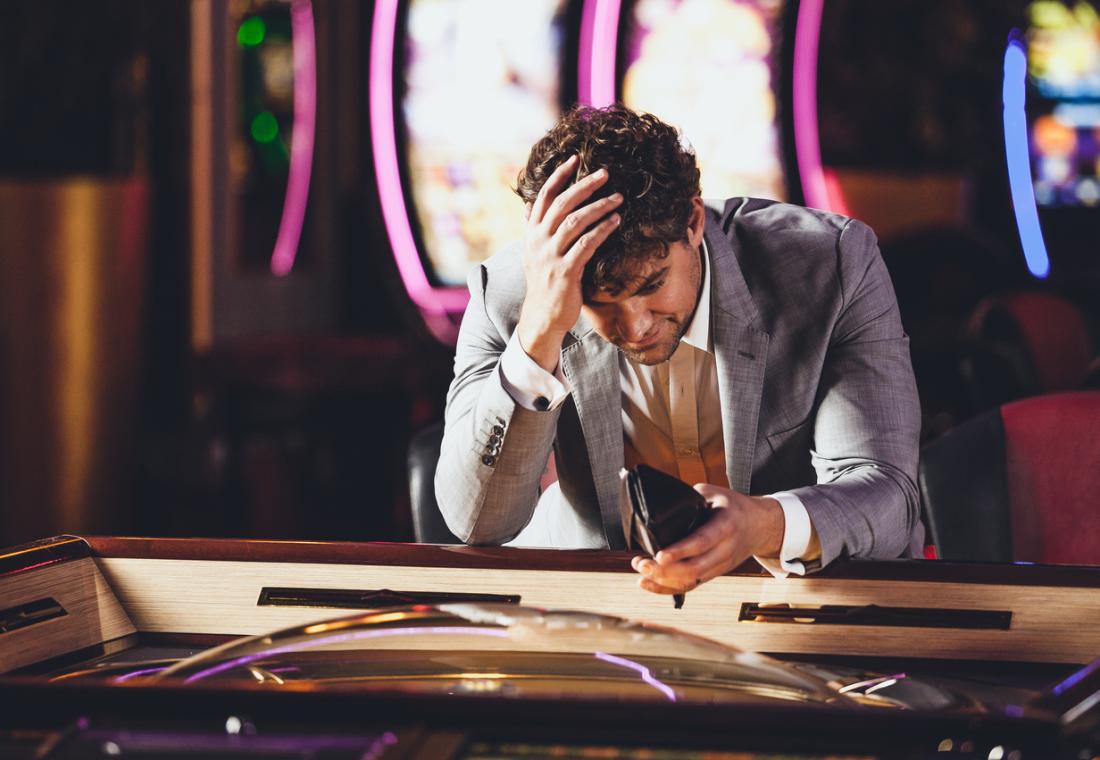Internet Gambling Addiction


Gambling addiction—also known as pathological gambling, compulsive gambling or gambling disorder —is an impulse-control disorder. If you’re a compulsive gambler, you can’t control the impulse to. Gambling can be very addictive, hence online gambling is definitely not for everyone. Anything that you do in excess of what is enough will not bring you any good. Stopping gambling addiction is not the. O nline gambling websites are among the fastest growing and most profitable businesses in existence today. The keys to the business success of the online gambling model are not difficult to see. Compared to traditional land-based casinos, online gambling.

How To Help Someone With Gambling Addiction
With the rise of the internet, many new addictions have been established, however gambling online is among one of the biggest addictions. Internet gambling can be described as continued gambling. Online gambling is the new age casino, offering games like Blackjack to Slot machines. They compete with the land-based casinos, and before you know it, you are spending an enormous amount of time in online gambling.
Go to contentMain menu:
- Information Centre
- Assessment and Treatment
- General Information
- Summary Articles - Symptoms & Signs
- Summary Articles - Treatment & Help
- Facebook Addiction
- Helpful Software
- Stats for Children's Use of Technology
- Online Gambling Addiction
- Videos & Images
- Guest Posts
- Video Game Addiction Articles
- Facebook & Social Network Articles
- Cyberbullying Articles
- Protecting Children Online Articles
- Children / Teens & Technology Articles
- Healthy Use of Technology Articles
- Internet Addiction Articles
- About TechAddiction
Online gambling websites are among the fastest growing and most profitable businesses in existence today.
The keys to the business success of the online gambling model are not difficult to see.
Compared to traditional land-based casinos, online gambling websites are able to operate at a fraction of the cost, do not require tangible materials or equipment (machines, tables, security cameras, a physical building, etc.), and do not need the hundreds of staff that would normally be required for a traditional casino (e.g., dealers, servers, security guards, floor managers, cleaning staff, bartenders, restaurant staff, etc.).
Still, online gambling websites are able offer all the same gambling opportunities found in traditional casinos such as poker, slot machines, blackjack, and roulette (and many games that are not possible in land-based casinos).
And although the costs of running an internet gambling website are relatively low with webhosting, secure servers, support staff, and software development being the primary costs, the profits can be very high.
Just like in a traditional casino, when it comes to internet gambling, the odds are always in favor of the house (or in this case, the programmers who designed the software). Of course the player has a small chance of making money in short term, but losing is a mathematical certainty over the long term if play continues.
In the series of articles below, TechAddiction examines the growing problem of internet gambling and online gambling addiction.
Thank you for visiting TechAddiction! We hope you find the info here helpful.
Please take just 1 second to click the 'Like' button.
Many thanks - we really appreciate it!
Page 1 (you are here)
Online Gambling Addiction - Risks, Facts, Signs, Stats, & Treatment
NEXT…
Gambling Addiction Signs - Symptoms Of Online Gambling Addiction
Page 3
Why Online Gambling Is More Dangerous Than Casino Gambling
Page 4
Online Gambling Stats & Facts
Page 5
Online Gambling Addiction Treatment & Help
Page 6
Responsible Gambling - Ten Tips For Online Gamblers
Page 7
You May Have An Online Gambling Problem If You…
Page 8
The Popularity Of Online Gambling - Twelve Reasons
Page 9
Teenage Gambling Online - Risks, Assessment, & Advice
 Reading Time: 2minutes
Reading Time: 2minutes890 views

How do you conquer an online gambling addiction? The first step is admitting to yourself you have a problem. The second is to not blame yourself. The third, and hardest, is admitting this problem to others.
The UK is, belatedly, waking up to the scale of its online gambling epidemic. Each year in the UK hundreds of people with addiction and problem gamblers take their own lives, driven desperately to this tragic step by a combination of guilt, shame and crippling financial consequences.
There are an estimated 1.4 million problem gamblers in the UK. Yet figures show that just a tiny fraction seek professional help. The vast majority of people with gambling addiction live secret lives, their problems hidden from family and friends until the pressure reaches intolerable levels. What is behind this secrecy? In many cases, including my own, it is shame.
Online gambling invariably takes place when you are alone and unhappy, seeking refuge from the stresses of the real world. Online gambling – usually presented by operators as harmless online ‘gaming’, fills a void and provides escapism. Searching for this escape, in itself, triggers a feeling of weakness, a sense that you lack the mental fortitude to deal with life’s challenges.
Yet to admit to addiction makes you feel weaker still, and the hole deepens. For many people with addiction, gambling feels somehow dirty, seedy. Perhaps this is down to a lack of exposure and public understanding compared to the dangers of drinking, smoking and drug addiction, all of which are embedded in the public consciousness thanks to concerted advertising in recent decades.
Alcohol is banned on the London Underground, we cannot smoke in pubs, and each time a celebrity opens up about their drug addiction it lessens the stigma. Gambling, however, remains the great taboo. In truth, of course, there is nothing to be ashamed of. Gambling addiction develops from a perfect storm of circumstances. Factors including depression, isolation and trauma all play a part in addiction, while young men are shown to be far more likely than the rest of the population to become problem gamblers.
Those who sign up with online casinos are targeted and exploited by a multi-billion-pound industry that holds all the cards. These casino operators collect a vast array of data on customers and put it to precise use, factoring in where you live, your age and occupation to tailor offers and bonuses.
Addiction itself is a simple chemical reaction within the brain, with frequent wins triggering releases of dopamine which leave the player wanting more. Online gambling is intoxicating and hypnotising – far more so than a visit to a real casino would be, and far harder to escape. A gambling addict can be young or old, male or female and of any ethnicity and background.
We all have one thing in common – we are individuals who at a vulnerable time in our lives fell prey to a ruthless industry. Accepting that fact is the biggest and most important challenge in beating gambling addiction.
Legal Internet Gambling United States
Online Gambling Addiction Help
Disclaimer: Psychreg is mainly for information purposes only. Materials on this website are not intended to be a substitute for professional advice, diagnosis, medical treatment, or therapy. Never disregard professional psychological or medical advice nor delay in seeking professional advice or treatment because of something you have read on this website. Read our full disclaimer here.